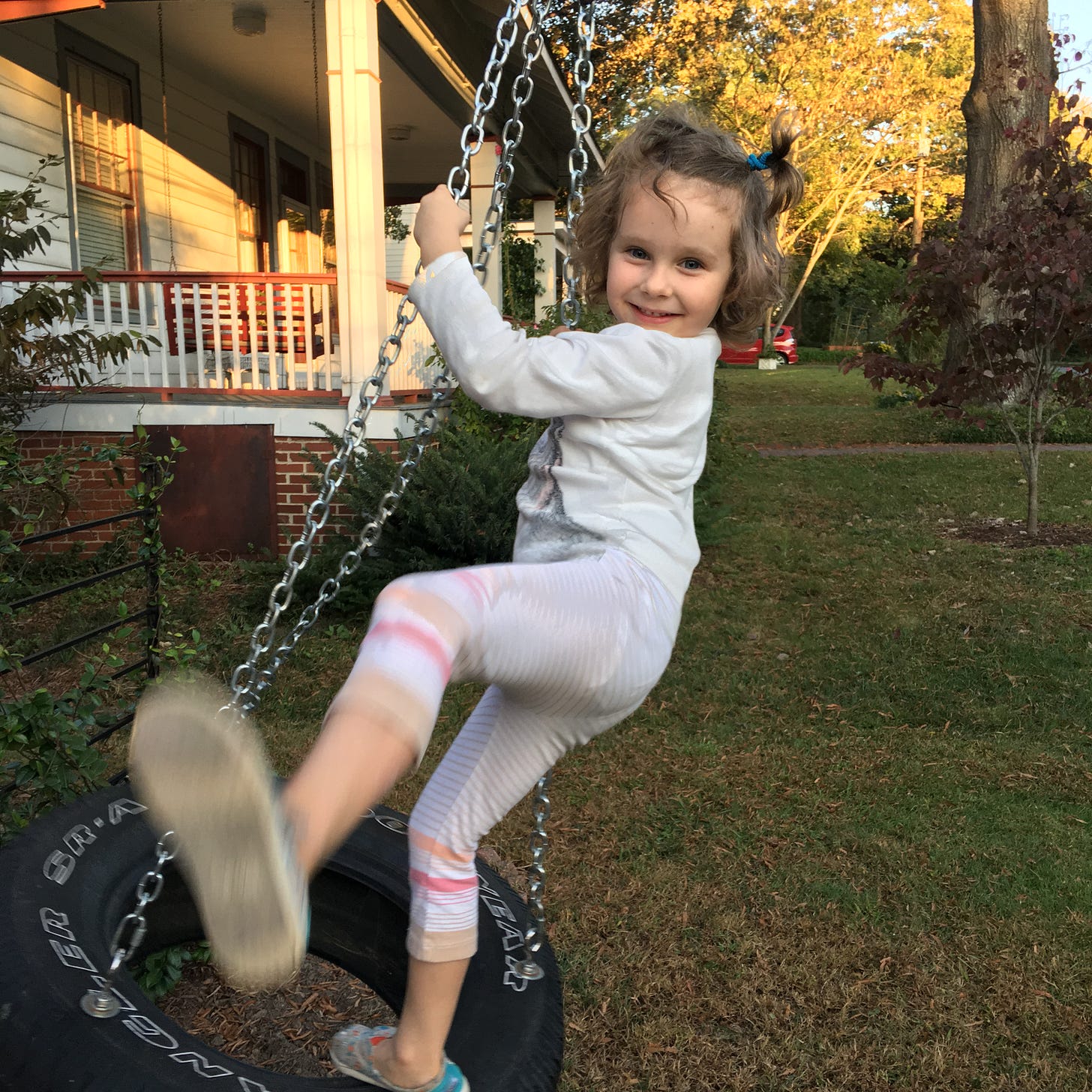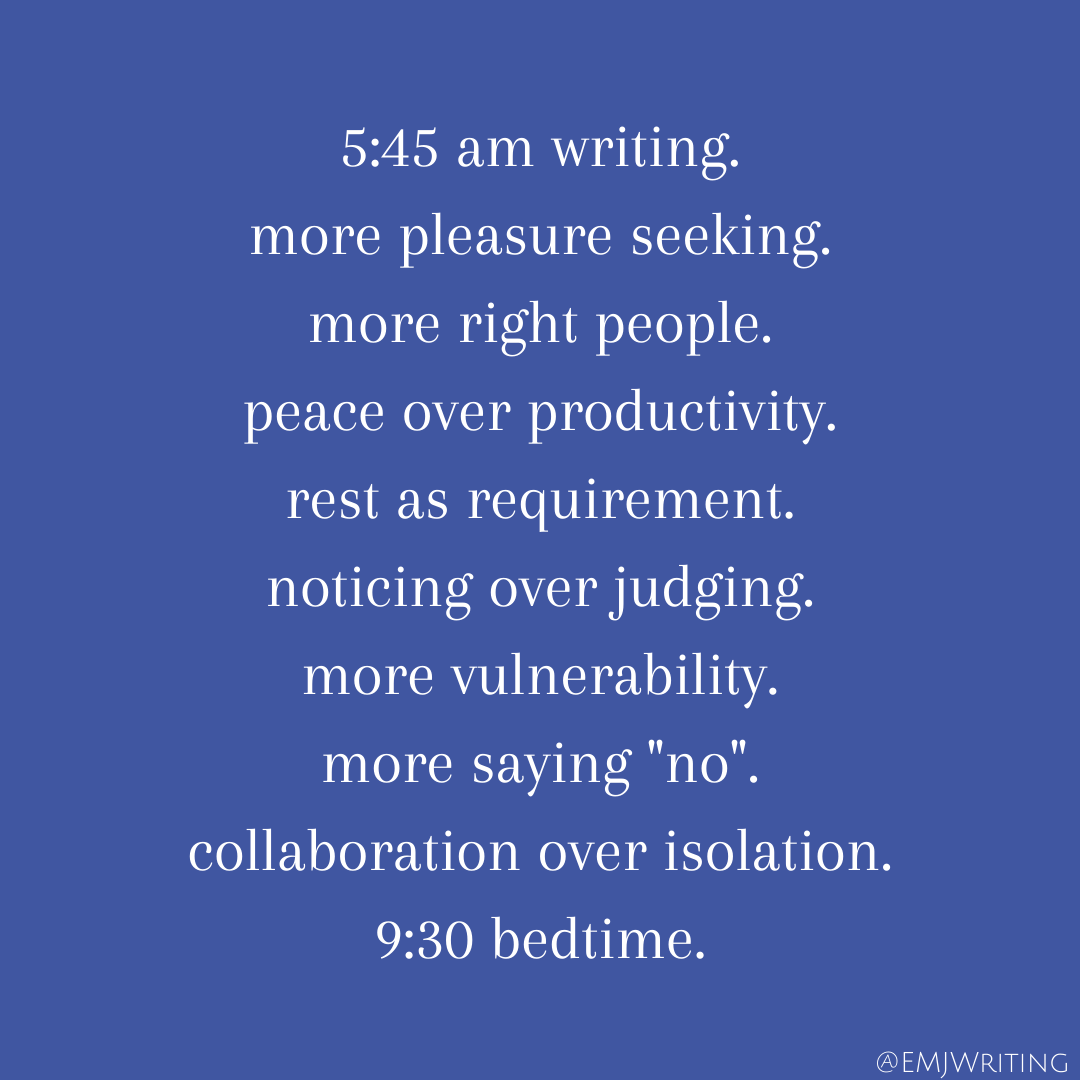When my daughter was four, she fell. As far as we could reconstruct at the time, she was playing on a small footstool and slipped. She hit the ground hard and started wailing. I raced over. I soothed the best I could as my husband peered into her bloody mouth. "It hurts, it hurts," she kept saying. "Yes, yes it does. That was a hard fall," I said.
The experience was particularly awful because when I was around her age I had seizures. I fell a lot. The scared faces around me had me understand that I wasn’t okay. Recalling all of that in an instant, I wanted to show my own child a lack of fear but also magic away her fear and pain. But there wasn't much I could do except be there.
When it comes right down to it, there's little we can do for others except bear witness and believe them. "Little" because in the moment, it can feel like nothing. That's only part of the truth, though. To the other person, your belief in them can feel like a balm. But believing someone is not only about them, it's also about you.
It can be hard to feel good in the world, as a parent, friend, human.
Mental health issues, a trauma history and plain exhaustion can make the act of living feel overwhelming. Broader issues like systemic racism and the everyday sexism of living in a patriarchal society render everything worse. On top of that, we're asked to stay connected, lean in, donate money and show up. In a pandemic. We're up against so much everyday.
And yet, one of the best, simplest things we can do for ourselves and others is to believe someone*.
The friend who confides in you of unhappiness in her marriage.
The child who cries out that she's scared.
The person in the Whole Foods parking lot who says he hasn't eaten today.
In a world where we're conditioned to act, the simple gesture of belief is freeing because it's about being, not doing. Believing someone means you don't need to fix, intervene, offer resources, evaluate or assess. When you believe someone, you also bypass the judgement and pettiness that kicks in when you apply critical thinking to other people's stories.
"Wait, what? She's unhappy? Just last week they went out on a date night without the kids? Huh?"
"This is the second night in a row where she's woken up in the middle of the night and called out for me. Is this becoming a pattern?"
"I saw the same guy earlier and he said the same thing. Food? I bet he's buying drugs with the money that people give him."
Believing does something else too. It allows the other person to stay in their power. Your belief - and not an intervention - reaffirms that they are the expert of their life. In doing so, you keep responsibility for the story where it belongs: with them. What's going on might be hard for us to fathom and (hooray!) it's not ours to manage. It's theirs and they are fully capable of making their own choices.
We can choose to believe someone…
…even if we are tired.
...if our anxiety feels relentless.
...if we have a migraine.
...no matter how much money we have in our pocket.
We can choose to believe someone even if we have no idea what it's like to be in their life.
That's the thing about believing someone. You're not choosing empathy. Belief is different and much less work! Belief is accepting someone's story at face value. The end. Empathy is intentionally returning yourself to a time when you felt as lost/scared/ashamed as the person in front of you as a way to help them process their experience. Empathy is emotional labor; it is doing. Belief is acceptance; it is being.
Six years ago I shared the same story about my daughter's fall in one of my newsletters. Someone from the support group I was leading wrote the following:
"Elizabeth, it would have been a world of difference if someone had believed me. At age 45, I am trying to believe that those things (abuse) weren't my fault."
What a world of difference belief would have made.
Today, my daughter doesn't remember her fall. What she remembers is me showing up for her. She feels my trust in her and knows her wounds will be attended to because I believe her when she tells me about them. That need to be believed doesn't vanish with adulthood. We all crave and deserve it. And we can choose to be that belief for others. In the end that's all we can do for each other. Be right there and believe them.
*The word "someone" does not include people who are toxic, unhealthy, unsafe or don't respect your boundaries.
What’s On My Mind:
Roxane Gay shared 10 rules, “Sister Corita Kent’s rules for the Immaculate Heart College Art Department,” in the spirit of inquiry around what we live by. Some are less “rules” (“Don’t try to create and analyze at the same time. They’re different processes.”) — maybe it’s me just wanting different language like starting with an action verb instead of ‘don’t’— but they are all still lovely. A few of mine are in this Insta post from January. Do you have any? I’d love to know.
Comic and director W. Kamau Bell and I have something in common: we both grew up on Bill Cosby. For me it was The Cosby Show, Fat Albert and something called Picture Pages. I can still sing the theme song. But for almost ten years now, we’ve know about Bill Cosby and his serial predatory behavior. Bell tackles this and what Cosby means for him and Black America in a new documentary series, We Need To Talk About Cosby, on Showtime. I haven’t watched it but after listening to Bell talk to Fresh Air’s Terry Gross here and reading The New Yorker article here I’ll add it to the list.
You may know I am a HUGE fan of the podcast Maintenance Phase. Cue screeching tires, however, when I heard that co-host Michael Hobbes put out of a video on “cancel culture”. Spoiler: it’s not a thing. Don’t miss this.





